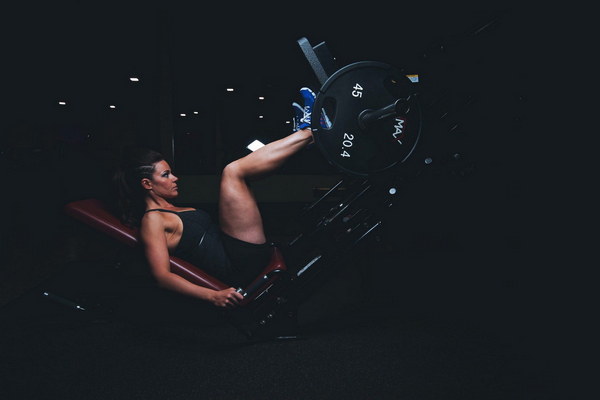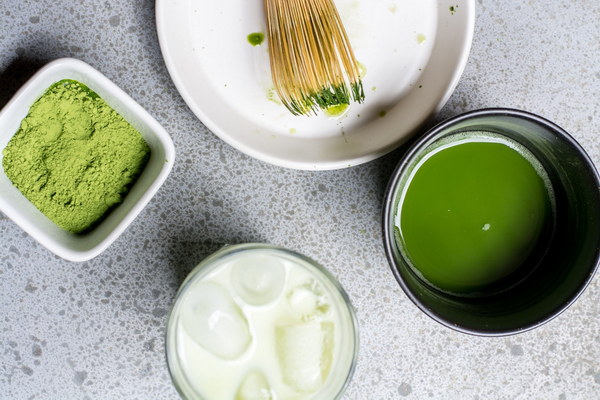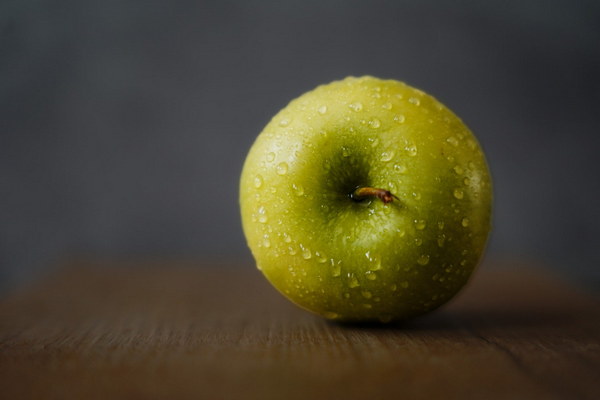Recovering Your Lungs A Comprehensive Guide to PostSurgical Lung Care
After undergoing lung surgery, it's crucial to focus on proper post-operative care to ensure a smooth recovery and prevent complications. The journey to regaining full lung function involves a combination of physical therapy, medication, and lifestyle adjustments. This article will provide a comprehensive guide on how to care for your lungs post-surgery.
1. Follow Your Doctor's Orders
Your surgeon will provide specific instructions regarding your recovery. Adhering to these guidelines is essential to ensure a successful outcome. This includes taking prescribed medications, attending follow-up appointments, and following any dietary or activity restrictions.
2. Practice Breathing Exercises
Breathing exercises are a vital part of lung recovery. They help to expand your lungs, improve oxygen flow, and reduce the risk of complications such as pneumonia. Common exercises include:
a. Pursed-lip breathing: Inhale slowly through your nose, then exhale through pursed lips as if you were whistling. This technique helps to keep your lungs open and improve airflow.
b. Deep breathing: Take slow, deep breaths, filling your lungs completely. Hold for a few seconds, then exhale slowly. Repeat this process for several minutes several times a day.

c. Abdominal breathing: Lie on your back with your knees bent and feet flat on the floor. Place one hand on your chest and the other on your abdomen. Inhale deeply, feeling your abdomen expand, then exhale slowly, pressing gently on your abdomen to help expel air.
3. Engage in Physical Therapy
Physical therapy can help improve your lung capacity and overall strength. A therapist will guide you through exercises tailored to your specific needs, such as:
a. Chest wall mobilization: This involves gentle movements to increase range of motion and reduce pain in the chest wall.
b. Arm exercises: Strengthening your arms can help improve your ability to perform daily activities and support your body during lung rehabilitation.
c. Leg exercises: Building leg strength can improve your overall mobility and reduce the risk of falls.
4. Use a Nebulizer
A nebulizer is a device that delivers medication directly to your lungs, which can help reduce inflammation and improve breathing. Your doctor may prescribe a nebulizer treatment, which you should use as directed.
5. Quit Smoking
If you're a smoker, quitting is one of the best things you can do for your lungs. Smoking can delay recovery, increase the risk of complications, and harm your overall lung function. Consider seeking help from a support group or a smoking cessation program to increase your chances of success.
6. Maintain a Healthy Diet
A balanced diet can support your recovery and improve your overall health. Focus on:
a. High-protein foods: Protein helps repair tissues and build muscle. Include lean meats, fish, eggs, dairy, and plant-based sources like beans, lentils, and tofu.
b. Fruits and vegetables: These are rich in vitamins, minerals, and antioxidants, which can help protect your lungs.
c. Whole grains: Foods like whole grains, oatmeal, and brown rice provide energy and fiber.
7. Manage Stress
Stress can negatively impact your recovery. Find healthy ways to cope with stress, such as:
a. Adequate sleep: Get plenty of rest to allow your body to heal.
b. Relaxation techniques: Practice meditation, deep breathing exercises, or yoga to reduce stress levels.
c. Social support: Lean on friends, family, or support groups for emotional support.
8. Attend Pulmonary Rehabilitation
Pulmonary rehabilitation is a comprehensive program that combines exercise, education, and support to help you regain lung function. It can be particularly beneficial for individuals with chronic lung diseases or those recovering from lung surgery.
In conclusion, taking care of your lungs post-surgery requires a combination of medication, physical therapy, and lifestyle changes. By following your doctor's instructions, practicing breathing exercises, engaging in physical therapy, and making healthy choices, you can improve your chances of a successful recovery and maintain your lung health in the long term.








